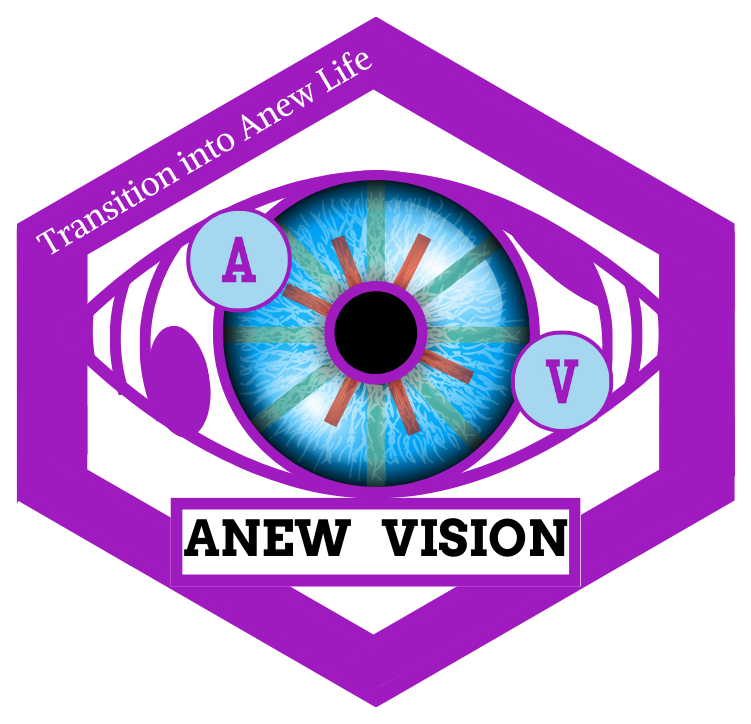Family Counseling After Addiction Recovery | Rebuilding Trust in Fort Worth
Family Counseling: Rebuilding Relationships Post-Recovery
Recovery from addiction is just the first step in a long journey, one that continues long after the individual completes treatment. Equally important, yet often overlooked, is the need to restore family relationships that may have been fractured by the experience of addiction. This is where family counseling after addiction recovery plays a crucial role.
In Fort Worth, counseling and intervention professionals provide critical support to families during this transition. Through expert guidance, families can rebuild trust, strengthen communication skills, and reconnect emotionally, laying the foundation for long-term healing and stability.
1. Understanding the Impact of Addiction on Family Dynamics
Addiction doesn't just affect the individual; it impacts the entire family system. The emotional, psychological, and behavioral consequences often manifest in:
- Emotional distance, where relationships weaken due to betrayal and broken trust
- Communication breakdowns, as past traumas create barriers to open dialogue
- Role reversals, where children or partners assume caregiving or protective roles
- Lingering resentment, fear, or guilt, that may persist even after sobriety is achieved
Even after entering an outpatient rehab Fort Worth or participating in a transitional living program, many emotional wounds remain unresolved. Family counseling offers a supportive environment where these deeper issues can be confronted and worked through constructively.
2. Why Family Counseling Matters Post-Recovery
a) Rebuilding Trust
In the wake of addiction, trust must be slowly and intentionally rebuilt. With a skilled counselor guiding the process, families can:
- Express their feelings in a safe, moderated space
- Set and follow through on boundaries and agreements
- Establish a consistent pattern of reliability and accountability
b) Improving Communication Skills
Counselors teach practical tools such as:
- Active listening techniques, to help each member feel genuinely heard
- Non-blaming language, such as using “I feel” statements
- Conflict resolution strategies, that reduce emotional reactivity and promote calm problem-solving
c) Strengthening Emotional Bonds
With guided family therapy exercises such as shared appreciation, narrative therapy, and role-playing, emotional intimacy is gradually restored, creating a nurturing foundation for long-term stability.
3. Local Resources in Fort Worth You Can Rely On
Fort Worth offers a diverse range of support services tailored to families in recovery:
- Fort Worth counseling and intervention centers provide family, couples, and individual therapy, focusing on collaborative healing.
- Transitional living services and halfway houses in Fort Worth Texas offer structured environments that support gradual reintegration and include family therapy as part of the recovery plan.
- Fort Worth Transitional Care Center and similar facilities bridge the gap between inpatient treatment and outpatient life, promoting reintegration through therapy and family visitation.
- Outpatient program Fort Worth options give recovering individuals the flexibility to live at home while participating in therapy and family sessions.
- Support groups in Fort Worth including AA and NA offer essential peer support to families and individuals alike.
4. Creating a Strong Relapse Prevention Plan with Family Support
A well-rounded relapse recovery plan is stronger when families are involved. Components may include:
- Identifying triggers such as stress or unresolved trauma
- Developing communication protocols, like safe words or check-in routines
- Participating in relapse prevention activities, like support groups, fitness routines, or therapy
- Forming accountability partnerships within the family
- Leveraging both individual counseling Fort Worth and intervention counselling services
Families that support these strategies help the individual maintain sobriety and promote mutual growth.
5. When to Transition from Individual to Family Counseling
Family involvement becomes essential when:
- Communication remains strained despite sobriety
- New stressors arise that destabilize home life
- Emotional connection or trust has yet to be re-established
While individual counselling Fort Worth lays the foundation, family counseling after addiction recovery builds upon that with shared emotional healing and future-oriented planning.
6. What Happens in a Family Counseling Session?
Sessions typically follow a structured format to maximize benefit:
- Check-in round: Each member shares weekly highs/lows
- Review of relapse-prevention planning
- Communication practice: Listening exercises or conflict-resolution techniques
- Therapeutic assignments: Such as family dinners, gratitude exercises, or journal reflections
- Closing summary and progress check
These sessions offer stability, a clear roadmap, and space for growth and emotional release.
7. Additional Support Tools & Services
a) Support Groups in Fort Worth
AA and NA meetings, Al-Anon, and other recovery-based groups help individuals and families stay connected to a supportive community.
b) Drug Rehabs in Fort Worth
Fort Worth is home to many non-profit drug rehabilitation centers and professional drug rehab Fort Worth clinics offering family-inclusive services.
c) Intervention Counseling
When early action is needed, working with an intervention counselor in fort worth helps the family stage healthy, productive discussions and initiate treatment.
d) Individual Counseling Services
Ongoing individual adult counseling ensure that each family member continues to grow independently and in tandem with the family unit.
8. Integrating Structural Support: Housing & Transitional Services
Housing support is critical during and after treatment:
- Transitional living program provide structured environments that include life skills training and therapy
- Halfway houses in Fort Worth Texas reinforce accountability and healthy daily routines
- Fort Worth Transitional Center facilities often integrate counseling and recovery support to prepare individuals for full community reintegration
These resources give families the time and space to rebuild together, one day at a time.
Conclusion: A Vision for Recovered Futures
Family counseling after addiction recovery is not just helpful—it's transformative. When paired with local services like outpatient rehab in Fort Worth, individual counseling, relapse prevention programs, and transitional living services, families can transition from crisis to connection.
Fort Worth offers a wealth of tools and providers that support the full spectrum of recovery not only for the individual but for the entire family system.
Final takeaway: Recovery thrives not just within the individual, but within the family as well. With structured support, compassion, and professional guidance, families can rebuild trust, restore love, and move forward stronger, healthier, and united.
Frequently Asked Questions (FAQs)
1. How soon should families begin counseling after a loved one completes rehab?
It’s best to start within 30–60 days after treatment. Early engagement sets the tone for transparency, accountability, and emotional reconnection. Family sessions are often offered through outpatient programs or transitional living services.
2. What if a family member refuses to participate in therapy?
Resistance is natural. It’s helpful to begin with individual adult counseling or intervention counseling to explore personal concerns. Sometimes, participation improves as other members demonstrate the value of therapy.
3. Can family counseling prevent relapse?
Yes. Family counseling strengthens communication, reduces isolation, and offers emotional support—all of which are key to preventing relapse. A supportive home environment complements relapse prevention strategies.
4. How long do family counseling sessions last?
Sessions typically last between 50 to 90 minutes. The full course of therapy may range from three to six months, depending on family needs and progress.
5. Are there affordable counseling options in Fort Worth?
Absolutely. Fort Worth is home to many non-profit drug rehabilitation centers, support groups, and low-cost counseling clinics. Many transitional housing and recovery programs also include counseling services.









